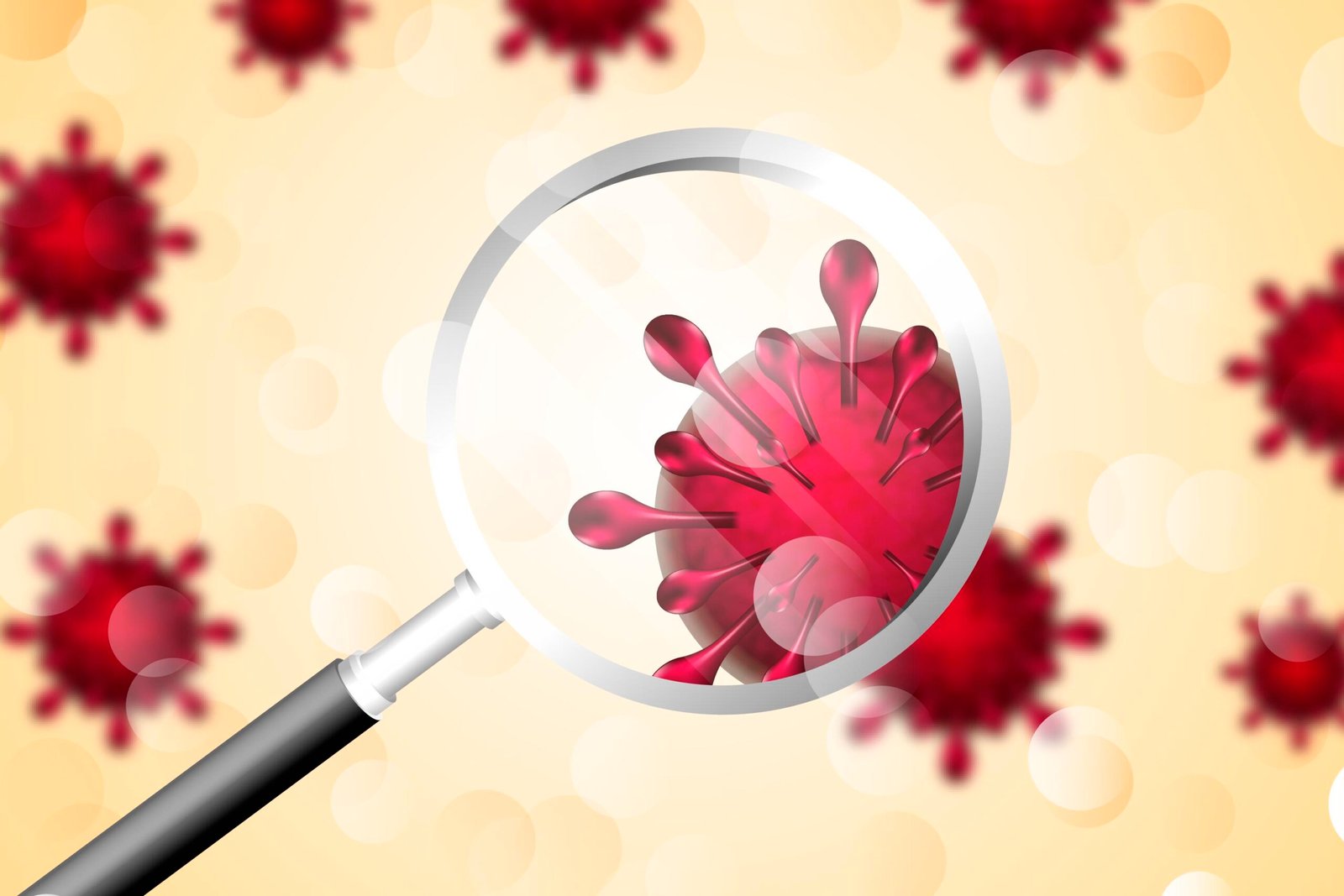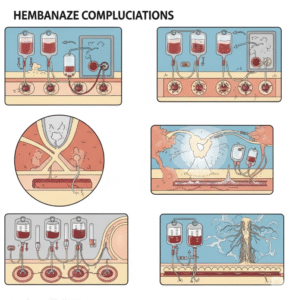- Confusion or altered mental status
- Low blood pressure (hypotension)
- Muscle aches and body pain
- Signs of organ dysfunction (e.g., jaundice, low urine output)
Causes
Systemic infections can be caused by:
- Bacteria (e.g., Staphylococcus aureus, Escherichia coli)
- Viruses (e.g., influenza, COVID-19, HIV)
- Fungi (e.g., Candida, Aspergillus)
- Parasites (e.g., Plasmodium causing malaria)
Risk Factors
- Weakened immune system (HIV/AIDS, cancer treatment, organ transplant)
- Chronic diseases (diabetes, kidney failure, heart disease)
- Severe injuries or burns
- Invasive medical devices (catheters, ventilators)
- Recent surgery or hospitalization
- Advanced age or very young age (infants)
Complications
If untreated or poorly managed, systemic infections can lead to:
- Sepsis and septic shock
- Multi-organ failure
- Persistent immune dysfunction
- Death
Prevention
- Maintain proper hygiene and sanitation
- Vaccinations (influenza, COVID-19, hepatitis, pneumococcal)
- Safe food and water practices
- Prompt treatment of localized infections before they spread
- Use of sterile techniques in medical procedures
- Avoid unnecessary use of antibiotics to prevent resistance
Treatment Options in Korea
South Korea offers advanced medical care for systemic infections, combining rapid diagnostics and specialized treatments:
- Hospitalization and intensive care for severe cases
- Broad-spectrum antibiotics initially, followed by targeted therapy based on culture results
- Antiviral, antifungal, or antiparasitic medications depending on the cause
- Intravenous fluids and electrolyte management to stabilize blood pressure
- Oxygen therapy or mechanical ventilation if respiratory failure occurs
- Advanced diagnostic tests such as PCR assays, blood cultures, and imaging to identify infection source













